Reflection by Bishop Enrique Díaz: “Sowing in silence”
XI Ordinary Sunday
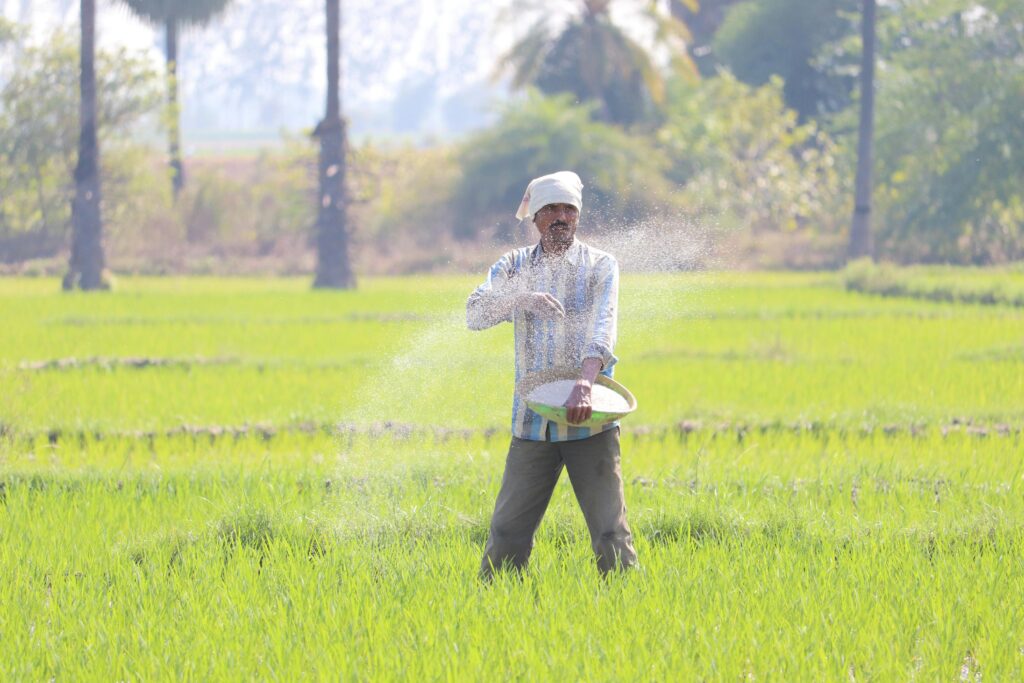
Mons. Enrique Díaz Díaz shares with Exaudi readers his reflection on the Gospel of this Sunday, June 16, 2024, titled: “Sowing in silence.”
***
Ezekiel 17, 22-24: “I will raise the small trees.”
Psalm 91: “How good it is to give you thanks, Lord!”
II Corinthians 5, 6-10: “In exile or at home, we strive to please the Lord”
Saint Mark 4, 26-34: “Man sows his field, and without him knowing how the seed germinates and grows.”
The Kingdom of God is always new, always dynamic, and is already present in this world, although sometimes it may not seem like it. Pope Francis warns us about discouragement and a negative attitude when the fruits do not appear as we expected, and he warns us about the great sin of pessimism: giving up without having barely fought. Christ reveals to us in his parables what the ways of God are in contrast to the ways of man, and the surprising final result of small beginnings and a constant struggle in silence and anonymity that would seem fruitless.
The Kingdom of God is the central theme of Jesus’ preaching, and the favorite way to do it is through parables. In them, we find the deepest meaning of the Kingdom, but, if we read them superficially, they can seem mysterious, contradictory and incomprehensible. They collect events from ordinary life, what Jesus’ listeners experience and confirm daily, but there is always a moment of rupture and surprise that presents “something new and mysterious.” What is extraordinary about the scene presented to us in the first parable of this day? At that time, and now, it was a daily scene when the sowers went out to do their work and deposit their seed in the open furrow. Why would Jesus narrate it then? Because at that time, and now too, in the face of the few fruits achieved in the fight for the Kingdom, in the search for justice, in the spread of the word, moments of discouragement come and there is a risk of stopping sowing, to sit down and ruminate on pessimism, to let things go by themselves.
If we look at the parable this way, we will find a strong appeal to this society that has grown tired, that is fed up, that from so much pain and boredom gets drunk on its pleasures, on its image and forgets about the construction of the Kingdom. He lives in drowsiness and abandonment. He doesn’t want to reflect or build. So many dreams have been broken, that we end up falling asleep; so many ideals have failed, that we no longer want to look up. We have seen ourselves fallen so many times that we no longer want to get up. Isn’t it true that pessimism and indifference have taken over many of us? Well, there is the invitation to sow again. If it is planted, there will be hope of harvest, if the land remains intact, it remains sterile and full of weeds. The disciple of the Kingdom does not have the right to fold his arms and feign ignorance, while there is a world of misery that demands the work, perhaps small, but constant and hard, of those who have placed their faith in Jesus. It is true: there is corruption, there are injustices, but they will continue to grow if we do not sow peace, honesty, coherence and justice. Sowing hidden, in silence, with hope, has the promise of future fruit.
But be careful, the parable of the seed that grows by itself insists on the strength of the kingdom of God already sown on earth. It is our turn to plant the seed, it is up to the Lord to give it growth. Patience and perseverance are required. It grows slowly, in steps: “first the stems, then the ears and then the grains in the ears”, but inexorably despite hidden beginnings. Whether a man sleeps or gets up, night or day, without him knowing how, the seed sprouts and grows by itself, even if no one works on it. The Kingdom breaks our schemes, it is a gift and does not depend only on our work and effort. Believing in God, believing in people, believing in the Kingdom, respecting the rhythms and trusting the dynamics of its realization here, is much more than “doing.” It is letting it be done and letting it be done. It is changing the heart and opening it to the Kingdom. Likewise, it is seeking to place yourself confidently in the hands of God. In no way is it an invitation to laziness and providentialism. It is the strong commitment to sow and work, but then, in prayer, confidently place our efforts in the hands of the Father who loves us and who will give it growth.
The parable of the mustard seed, much better known and commented on, puts us on the same page: the Kingdom does not arrive with scandals and lying propaganda, it is built from the small and from the little ones, every day, with dedication, with perseverance, with dedication, quietly. This daily and quiet work is difficult for many of us, however, our world is full of people who are generously and honestly building this Kingdom. The words of that holy Mexican martyr come to mind, who with great vehemence repeated: “I want to be a seed and die on the line, so as not to be left watching from the shore.” Or as our grandparents said: “Begging to God and giving with the gavel.” Serious commitment to building the Kingdom, but confident hope in the loving action of our God. Presence of the Kingdom that is a gift, conquest, work and joy, brotherhood and construction, but never passivity or indifference. How are we building the Kingdom of God? How do we give hope in those moments of grief, distrust and pessimism? The true Christian continues sowing in silence and confidently awaits the rain of love from God the Father that will give growth and strength to his seed.
Our God, strength of all those who trust in you, help us with your grace, so that without falling into pessimism or discouragement, we continue sowing seeds of the Kingdom and entrust them to your care. Amen.
Related
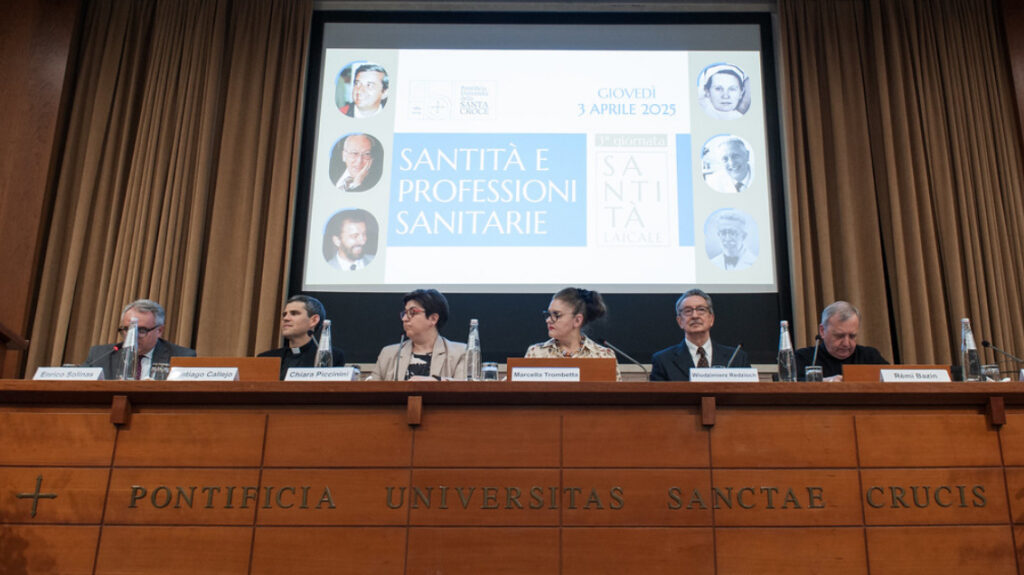
University of the Holy Cross: A Day on Lay Holiness
Wlodzimierz Redzioch
08 April, 2025
3 min
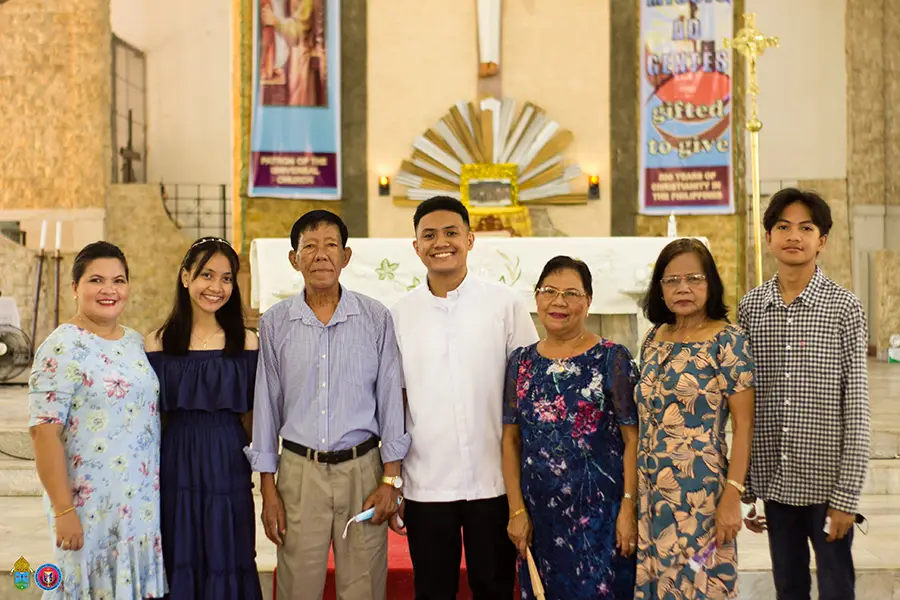
“Spain must preserve the faith it once transmitted to us”
Fundación CARF
07 April, 2025
7 min
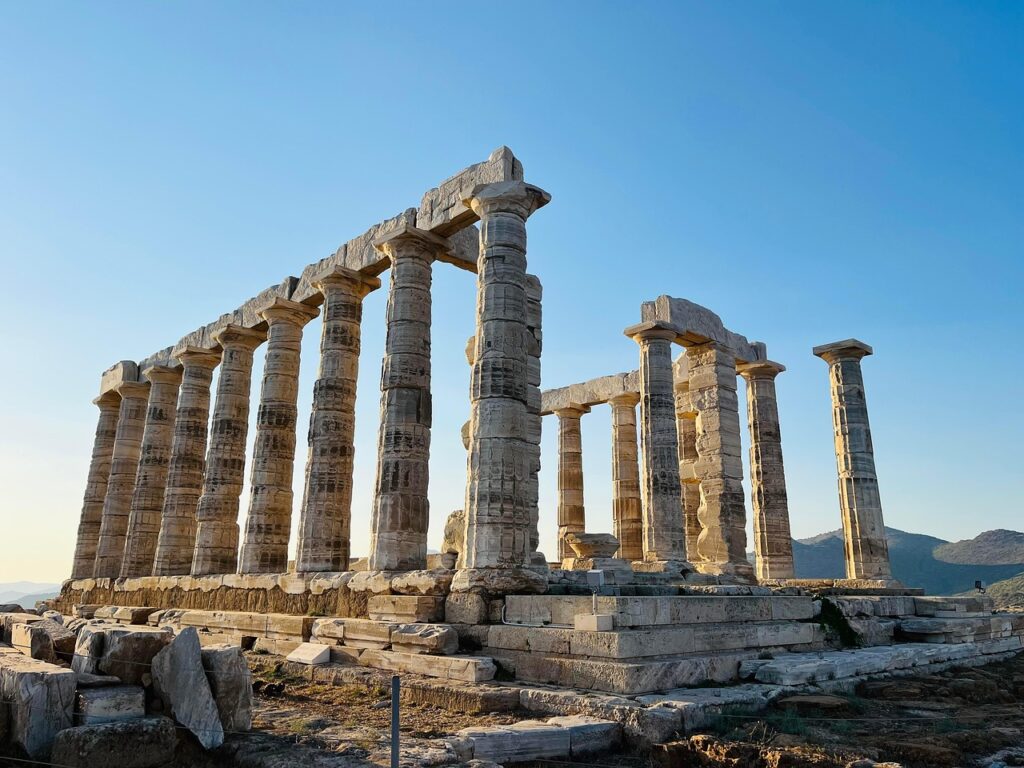
He who is without sin, let him cast the first stone: Fr. Jorge Miró
Jorge Miró
06 April, 2025
3 min
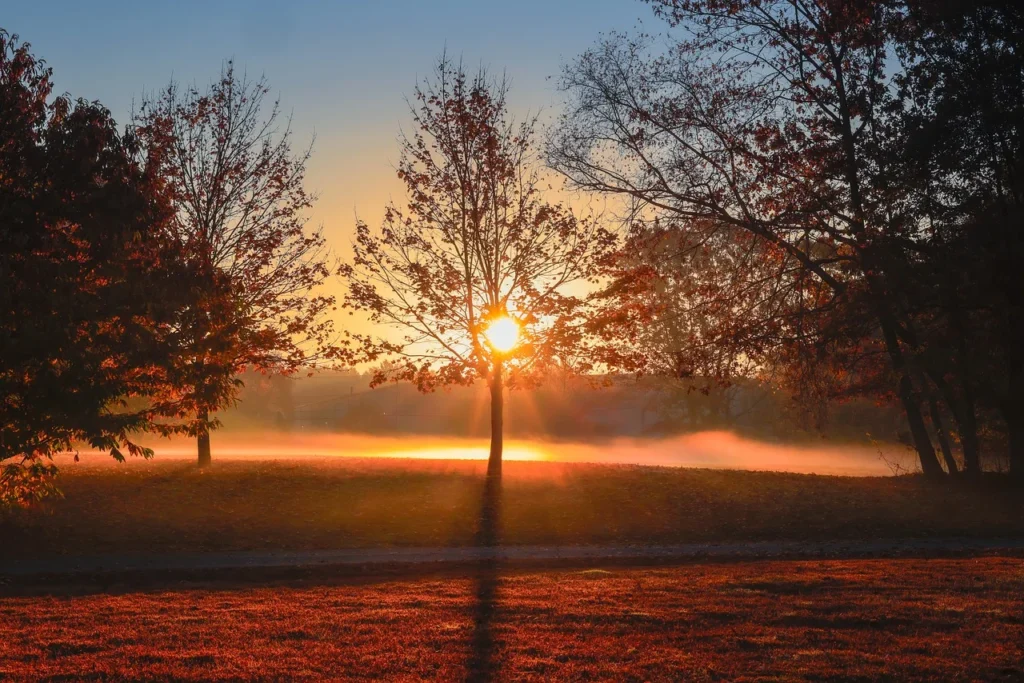
Reflection by Bishop Enrique Díaz: Great things you have done for us, Lord
Enrique Díaz
06 April, 2025
5 min
 (EN)
(EN)
 (ES)
(ES)
 (IT)
(IT)

